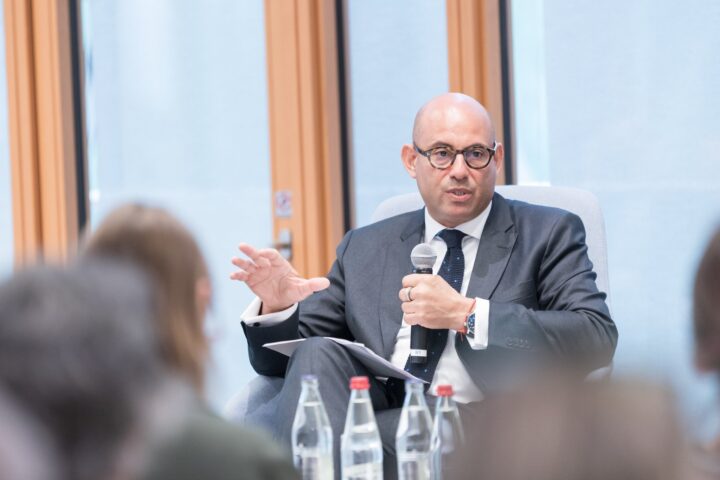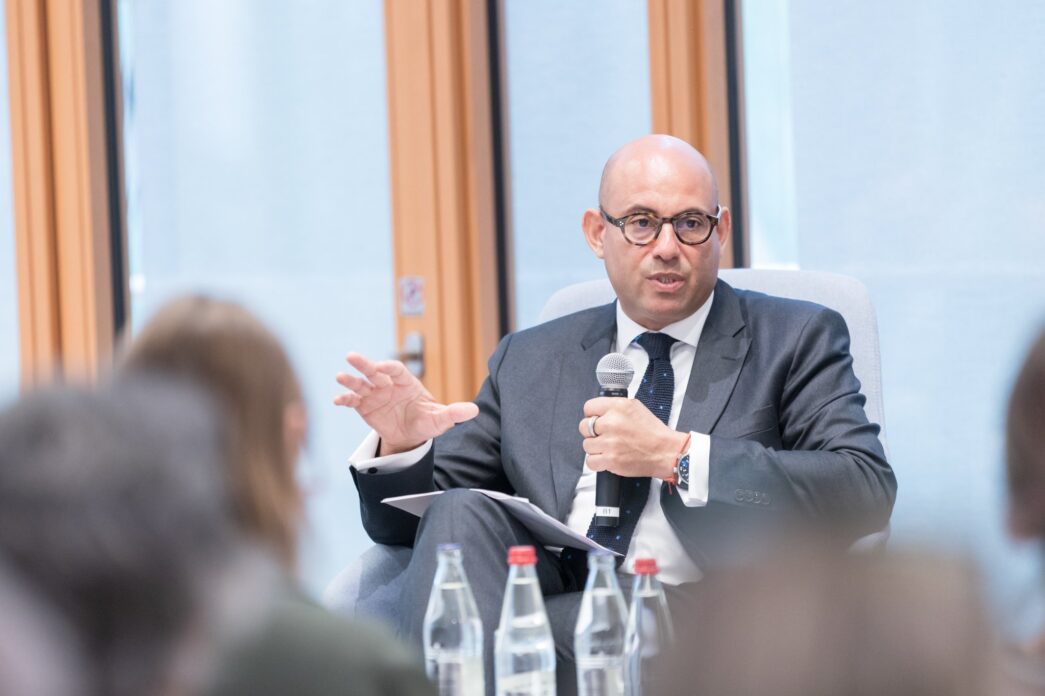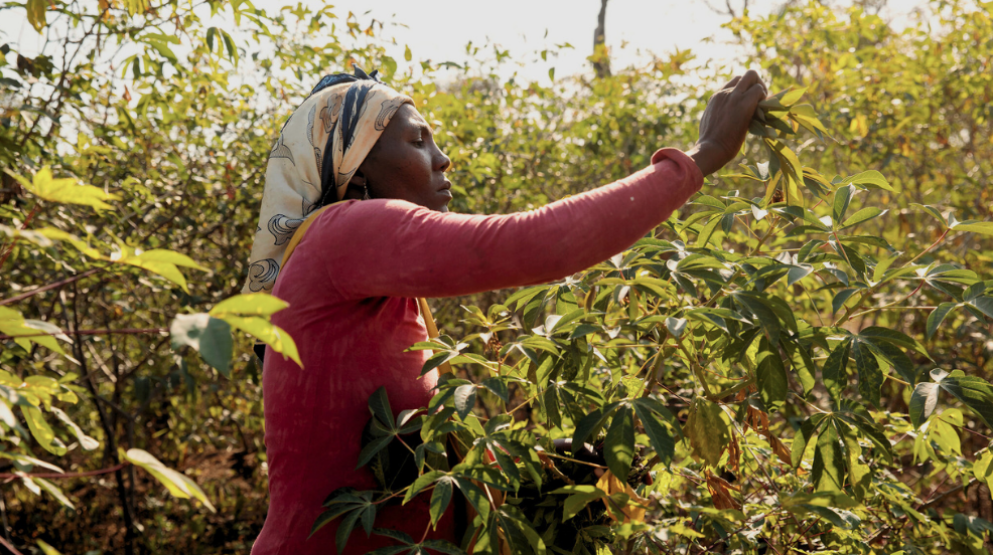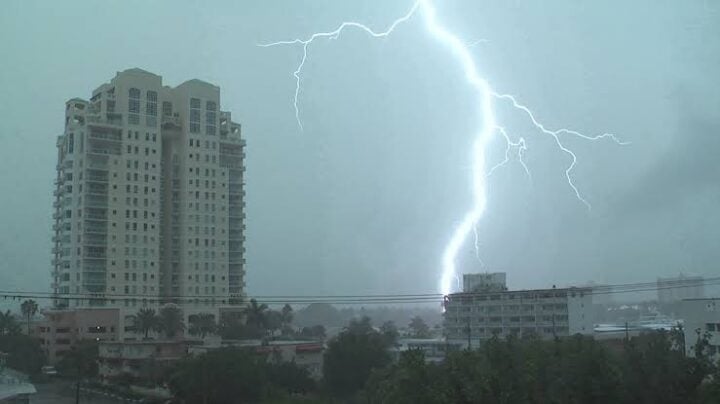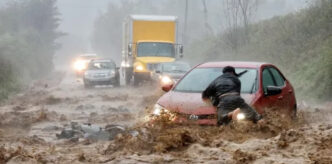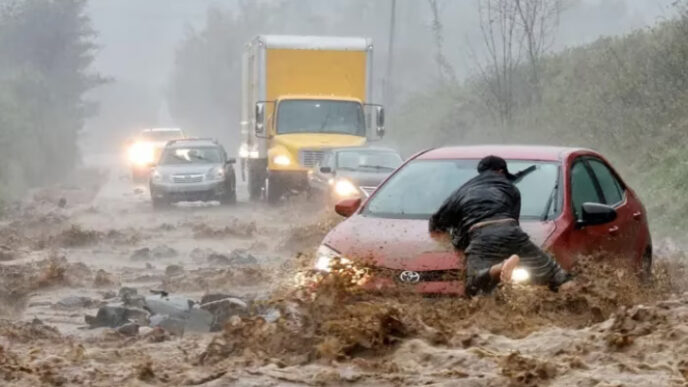Simon Stiell
Simon Stiell, executive secretary of the United Nations Framework Convention on Climate Change (UNFCCC), says the world risks having a “dangerous two-speed global transition” if uneven climate investments are not addressed.
Speaking on Tuesday at the sustainable investment forum in New York, Stiell said financial flows for climate action are already estimated to be over a trillion dollars, but that a chunk of this money flows to projects in the biggest economies — leading to uneven progression of the clean energy mega-trend.
“Transformation is needed in every sector, and that spells opportunity in every sector. But — and it’s a big but — right now, the vast majority of this money is flowing to projects in the biggest economies. This clean energy mega-trend is progressing unevenly.
“And I’ll be blunt: if more developing countries don’t see more of this growing deluge of climate investment, we will quickly entrench a dangerous two-speed global transition.”
Advertisement
PERCEIVED RISKS AFFECTING INVESTMENTS
A recent report by the International Energy Agency (IEA) and the African Development Bank Group (AfDB) said Africa requires an annual investment of nearly $25 billion by 2030 to ensure energy access for all.
However, the assessment showed that the debt crisis in many parts of the continent means there is limited public capital and that many private investors are reluctant to enter African markets because of perceived high and actual risks.
Advertisement
Stiell said the perception around risks which are “ill-founded” and “out-dated” has made it such that many developing countries striving to pick up the pace “are hamstrung by sky-high costs of capital” or “mired in spiralling debt crises”.
The UN climate chief said this “injustice and imbalance is not only unacceptable, it is self-defeating for every economy”, adding that it will make it near impossible to halve global emissions by 2030, as well as increasingly disrupt economic systems despite the inter-dependency of supply chains.
“We saw what covid did to supply chains, causing spiralling business costs and inflation for consumers, and work for central banks. Well, this will seem like a minor hiccup compared to what an unchecked climate crisis will inflict, especially if we don’t get more investment flowing into more climate-resilient supply chains,” he added.
“For all the recent talk of deglobalization or nearshoring, our world and our global economy are interdependent. And if a two-speed global transition sets in, ultimately everyone loses, and loses badly.”
Advertisement
A NEW CLIMATE FINANCE DEAL
Stiell said the solution will be to set up a “new climate finance deal”, one that would not only be about a figure for how much public finance is needed but one that ensures finance flow from more sources — public, concessional and blended finance.
He said the deal will be enabled by serious reforms of development banks and much stronger climate policies by governments, adding that “serious progress is needed urgently, both at climate negotiations in Baku this year and by G20 ministers who are shareholders in the big development banks”.
He encouraged countries to move beyond the barriers and instead share ideas to overcome them.
Advertisement
He further advised that the new national climate plans — otherwise known as nationally determined contributions (NDCs) — will be the most important policy document produced so far by governments in this century and thus must be ambitious in stepping up climate action.
Advertisement
Add a comment
